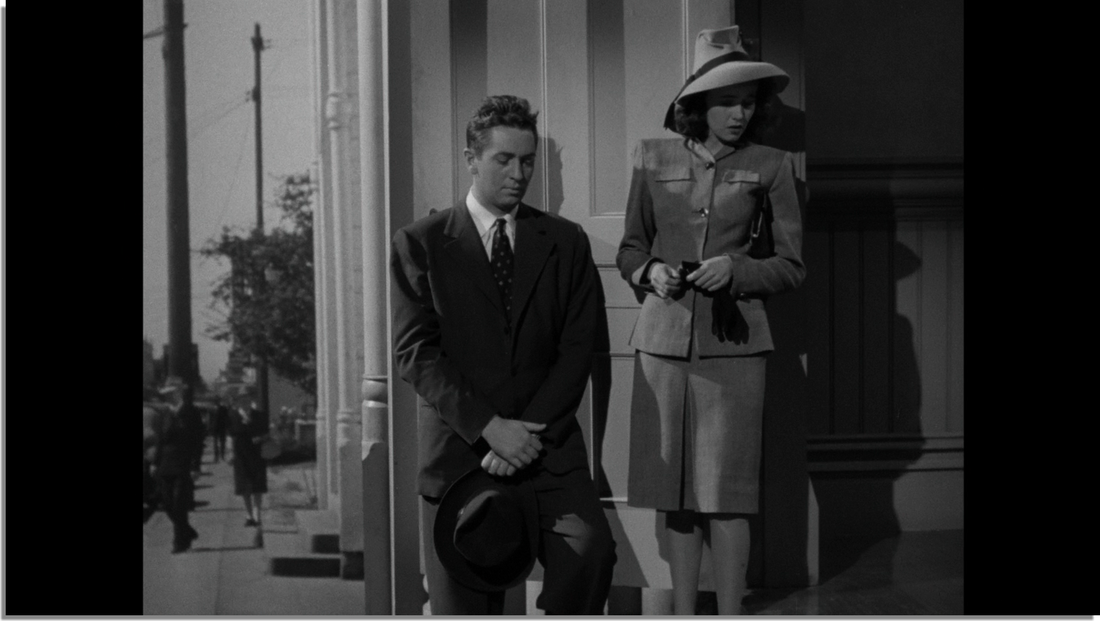
The strongest passion in the movie is certainly not whatever Charlie (Wright) and Jack (Carey) hastily and unconvincingly put together, nor is it even the second strongest passion. In short, Shadow of a Doubt is concerned with the incestuous bonds of family: how they are made, how they are upheld, and what it takes to break them. Shadow of a Doubt has much less to say about the relationships between husbands and wives, but it places that energy on brothers and sisters, uncles and nieces. Rear Window and Vertigo both keep watch (quite literally) on domestic violence and the awkward lines in family settings between nastiness and outright wickedness of family dynamics. But Shadow of a Doubt has an eye on the same kind of ugliness that the no-doubt-about-it classics from the ’50s indulge in. There are more macabre movies, like Lifeboat and Rope, and more tense ones, like Saboteur or Suspicion. Shadow of a Doubt is almost certainly Hitchcock’s best picture of the 1940s.



Starring Teresa Wright, Joseph Cotten, Macdonald Carey


 0 kommentar(er)
0 kommentar(er)
